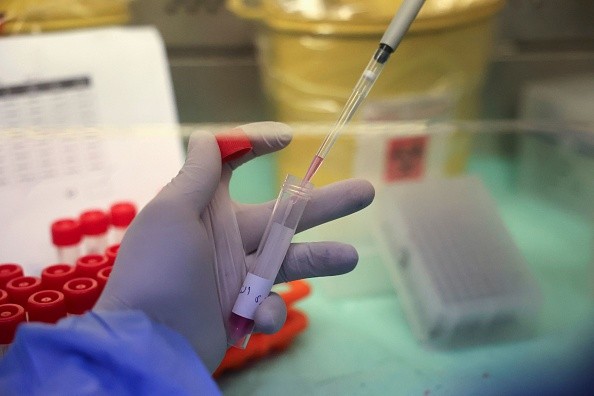A research of over 1,200 women in the United States, with the average age of 63 years, 10 types of oral bacteria were connected to a higher risk of hypertension pressure.
Five lactobacilli, on the other hand, were linked to a decreased risk.
According to the researchers, the observational study cannot demonstrate cause and effect, but the findings highlight possible opportunities to enhance hypertension prevention through concentrated dental care.
According to a new study published today in the Publication of the American Heart Association, open access consensus journal of the American Heart Association, certain oral bacteria were connected with elderly women, the emergence of hypertension, often known as high blood pressure.
Bacteria that can cause heart issues

According to ScienceDaily, high blood pressure is typically defined by two numbers: systolic blood pressure (the upper number indicating pressure even while the heart is beating) of 130 mm Hg or higher, and diastolic blood pressure (the lower number indicating pressure every heartbeat) of 80 mm Hg or higher.
While earlier research has shown that those with periodontal disease had higher blood pressure than those who do not, the researchers think this is the first study to look at the long-term relationship between oral bacteria and developing pulmonary hypertension.
The findings do not show that bacteria in the mouth directly influence blood pressure, according to Michael LaMonte, a senior author on the paper and a research professor at the University of Buffalo-State University of New York, via HealthDay.
So, he says, it's not obvious if brushing and flossing can also assist lower your blood pressure.
Recent research has indicated that persons with severe gingivitis, a bacterial infection, have an increased risk of heart conditions, such as heart failure.
Evidence of bacteria to high blood pressure
At the time of study enrolment, about 35% (429) of study participants had normal blood pressure: values less than 120/80 mm Hg with no use of blood pressure medication.
Almost a quarter of the individuals (306) had high blood pressure, with values above 120/80 mm Hg and no medication usage.
Approximately 40% (480) of participants were classified as having prevalent treated hypertension, which means they were properly diagnosed for hypertension with medication.
The plaque samples contained 245 distinct strains of bacteria, according to the researchers.
During the average 10-year follow-up period, about one-third of the women who did not have hypertension or were not receiving medication for hypertension at the start of the trial were diagnosed with high blood pressure.
According to Dr. Willie Lawrence, head of the American Heart Association's National Hypertension Control Initiative Advisory Committee, they might just be a "marker" of something else.
Lawrence, who has not been involved in the research, pointed out that the researchers made an effort to control for other variables that influence blood pressure.
These included body weight, education level, nutrition, exercise, and smoking habits, as well as medical issues such as diabetes and high cholesterol.
However, Lawrence believed that there might be alternative explanations for the link between mouth bacteria and blood pressure.
© 2025 NatureWorldNews.com All rights reserved. Do not reproduce without permission.




